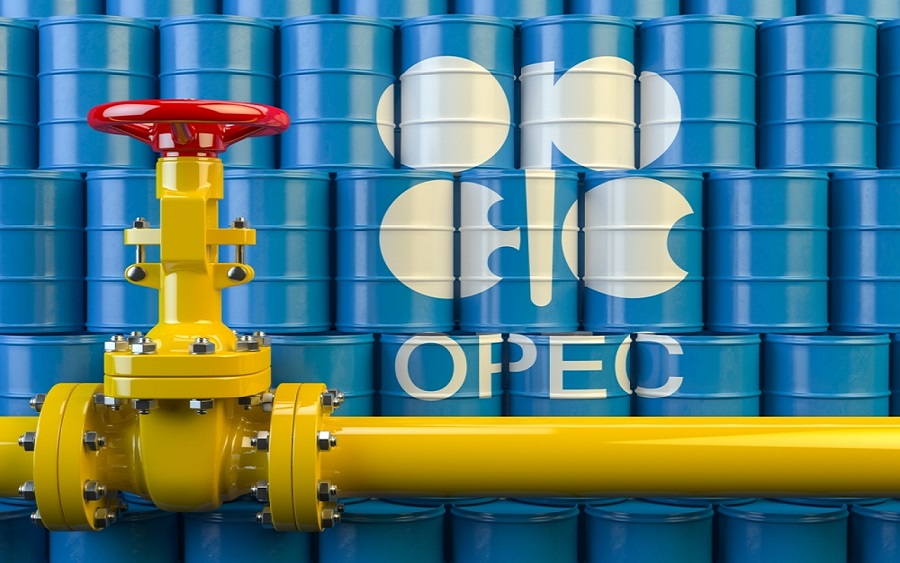Despite an increase in the oil production of the Organisation of the Petroleum Exporting Countries (OPEC) in January 2022, the body has again failed to meet up with its set target of 400,000 Barrel Per Day (BPD), following poor output by some member countries, including Nigeria.
According to a recent survey by Reuters, the group was able to increase production to 210,000 additional BPD but was nowhere near its target of 400,000 BPD, as agreed in its previous meeting, representing a 47.5 per cent decline from the target.
Other underperformed member countries which contributed to the shortfall aside from Nigeria, include Angola, Equatorial Guinea, and the Democratic Republic of Congo.
The survey placed OPEC’s actual production volumes for January, at 28.01 million BPD, which signifies a rise from the 27.80 million BPD it produced in December.
The monthly increases came from Saudi Arabia (+100,000 BPD), Nigeria (+50,000 BPD), and the UAE and Kuwait (+40,000 bpd each), which were partly offset by the decrease in production volumes from African countries and Iraq.
However, only two African member countries, Algeria and Gabon produced above their January production targets. While Saudi Arabia is suitable to add the most to crude oil production supply in the global markets, Reuters estimated this figure to be 878,000 barrels per day.
How Nigeria performed
Reuters survey pegged Nigeria’s crude oil production volume to 1.46 million barrels per day for January 2022, an improvement from the 1.41 million barrels a day in December 2021. This represents an increase of 50,000 barrels per day in January 2022.
Also Read: Nigeria and Russia Not Complying with OPEC Oil Production Cuts
While this news sounds positive, oil production volume in Nigeria remains below the OPEC monthly output target of 1.68 BPD for Nigeria, a gap of about 13 per cent yet to cover.
Investment apathy by foreign investors, financing gaps in critical oil infrastructure, oil sabotages, theft, and pipeline vandalism are major factors that have contributed to the decline in Nigeria’s crude oil production.
However, there are optimisms that the recent $5 billion corporate finance secured by the Nigerian National Petroleum Company (NNPC) from the African Export-Import Bank (Afreximbank) to fund major investments in the upstream sector could help accelerate Nigeria’s crude oil production volume.
